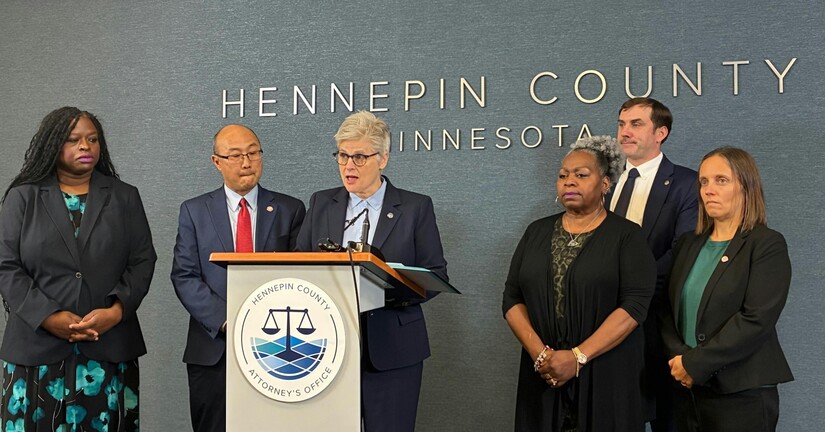Image


Hennepin County Attorney Mary Moriarty announced a significant policy shift on September 17, 2025, declaring that her office will no longer prosecute cases stemming from non-public safety traffic stops. The new policy, set to take effect October 15, 2025, targets minor infractions such as broken taillights, expired registration tabs, and cracked windshields.

Moriarty’s office cites two main reasons for the change:
1. Addressing Racial Inequity
Data show that minor “pretext stops” disproportionately affect Black and brown residents. A 2023 U.S. Department of Justice investigation found that Black drivers in Minneapolis were stopped—but not cited or arrested—at more than five times the rate of white drivers.
2. Ineffectiveness and Resource Allocation
The county attorney’s office argues that these stops rarely lead to the discovery of serious crimes. Minneapolis Police Department data from 2017 and 2018 indicate that firearms were recovered in less than 0.5% of equipment and moving violation stops. By ending prosecutions for these low-level offenses, Moriarty says law enforcement can redirect efforts toward more serious threats, including speeding, impaired driving, and violent crime.
Civil rights advocates have voiced strong support. Nekima Levy Armstrong, a longtime community organizer, and Valerie Castile, mother of Philando Castile—who was fatally shot during a traffic stop for a broken taillight in 2016—have praised the policy. Castile has collaborated with Ramsey County, where a similar policy led to fewer traffic stops while maintaining public safety, and sees Hennepin County’s move as a step toward equitable policing.
Despite its supporters, the policy has drawn criticism from law enforcement officials. Hennepin County Sheriff Dawanna Witt and local police chiefs held a press conference expressing concerns over the “one-size-fits-all” approach, emphasizing that they were not consulted before its announcement.
Key objections include:
Moriarty’s office points to Ramsey County, where a similar policy has been in place since 2021. Officials report an 86% reduction in traffic stops and a 66% decrease in stops involving Black drivers, without compromising public safety or firearm seizures.
The Hennepin County policy reflects a broader effort to reimagine traffic enforcement as a tool that prioritizes public safety and equity. Moriarty emphasizes that this shift is data-driven and intends to save lives while addressing systemic inequities in policing.
“Ending prosecutions for these minor traffic stops is not just a policy change—it’s a commitment to equitable, effective law enforcement,” Moriarty said. “I believe it can save lives.”